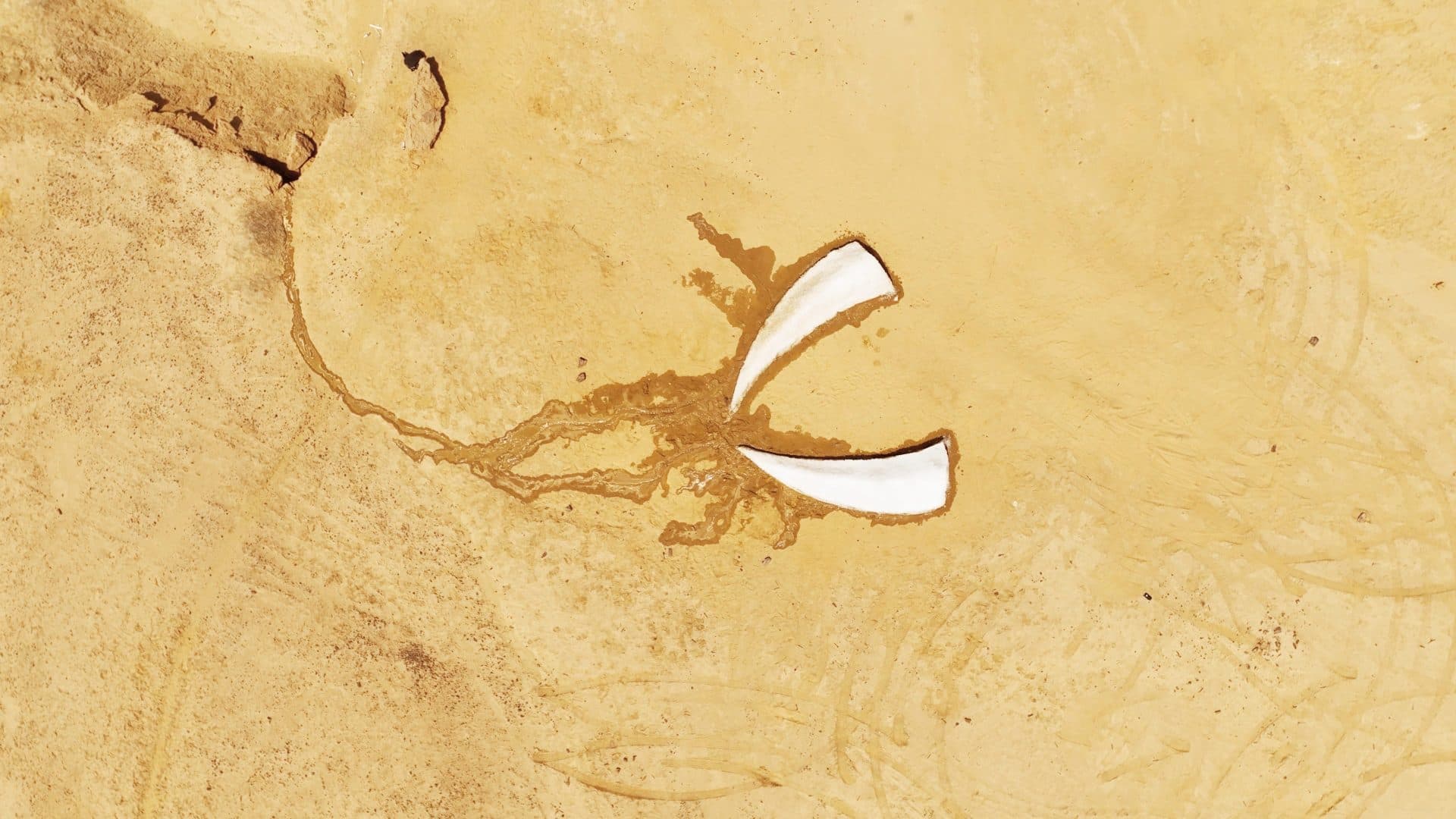
Siberian Artist's Melting Ice Sculpture in Egyptian Desert Confronts Climate Crisis
TL;DR
Elena Tengri's climate art project demonstrates how creative environmental messaging can build cultural relevance and public engagement for climate initiatives.
Tengri created a seven-ton ice sculpture in the Egyptian desert that melts over three days, visually representing climate change through Siberian folklore metaphors.
This project raises awareness about climate change's quiet urgency, inspiring reflection on protecting vulnerable communities and preserving environmental balance for future generations.
A Siberian artist built a massive ice bull sculpture in the Egyptian desert that slowly melts, merging ancient mythology with modern climate activism.
Young Siberian artist Elena Tengri has unveiled "Ashes of the Cold," an environmental art project that brings the realities of climate change to the Egyptian desert through Siberian folklore. Originally from Yakutia, the coldest inhabited region on Earth where temperatures reach -70°C, Tengri draws inspiration from the ancient Sakha myth of the Bull of Cold, where the giant Arctic spirit's breath brings winter and its melting horns signal seasonal warmth.
In Tengri's contemporary interpretation, the melting horns become a stark metaphor for global warming. The centerpiece is a monumental sculpture crafted from ice and snow measuring six meters in length and weighing seven tons, rising from the desert landscape as a visual contradiction of Arctic materials dissolving under the Egyptian sun. "Unlike in the legend, here the melting of the horns is not a promise of spring, but a sign of nature's disappearing balance," the artist explained. "The climate crisis rarely erupts in a single dramatic event. More often it unfolds quietly, gradually and inexorably."
The project encompassed two installations, with the first situated at Petrified Forest National Park where ice horns created a powerful juxtaposition between frozen water's fragility and ancient stone's permanence. The second was a three-day event at a local horse farm where the seven-ton sculpture melted completely while being captured in time-lapse video, creating a visceral metaphor for cold's potential disappearance from the planet. More information about the artist's work is available at https://www.elenatengri.art.
Tengri's work arrives during a critical moment in global climate discussions, with more than 4 billion people worldwide experiencing severe water scarcity at least one month annually. Projections indicate 1.8 billion people will face absolute water scarcity this year, with arid climate countries like Egypt on the crisis frontlines where millions suffer from clean water shortages, heat-related illness and air pollution. "The work reminds us that the cycles and seasons we once trusted are not eternal, and that the comfort we take for granted can disappear as quietly as ice and snow melting in the desert sun," Tengri stated.
As the sculpture dissolves, leaving only water to sink into sand, viewers witness an unstoppable process where ephemeral materials underscore humanity's environmental vulnerability. "Ashes of the Cold" serves as both a gesture of loss and an invitation to reflection, challenging observers to confront climate change's quiet urgency through the universal language of melting ice. The project received support from the Ministry of Environment of Egypt for its realization at Petrified Forest National Park, along with collaboration from New Level Agency and a participating horse farm.
Curated from citybiz
